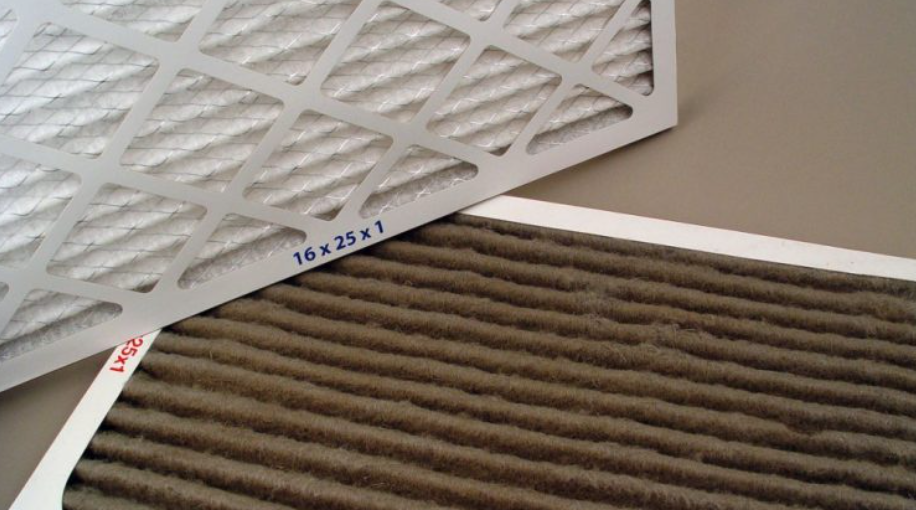
What Happens When A Furnace Filter Is Dirty?
What Happens When A Furnace Filter Is Dirty?
When your air filter is dirty and clogged, your furnace must work harder than usual in order to compensate for the increased blockage of airflow. Not only does this significantly increase your utility bills, but it also results in your furnace system overheating or shutting off too quickly. This prevents your home from warming up, making it difficult to survive in extremely cold weather.
Oftentimes, when the furnace filter is too clogged by dirt or debris, the electronic “limit switch” safeguard may also end up malfunctioning or failing. This not only damages the internals of your furnace, but also results in the system not firing up at all. Repairing can easily end up emptying your pockets, so make sure to replace your furnace filter on time.
Here are some effects of a dirty furnace filter that should convince you to change them on a routinely basis:
Inadequate Heating
Blower fans inside the furnace system are responsible for pushing hot air through the filter. When your filter becomes too clogged with dander, debris, and dust, the blower faces strain to pass air. This reduced airflow results in you experiencing cold and hot spots in your home, rather than consistent temperature levels. Since less air is flowing through the system because of the clogged filter, the heating system will run longer to heat your home. The inadequate heating results in higher energy bills.
Increased Energy Consumption
Since the furnace system is completely dependent on the constant recirculation of air, clogged filters will drastically affect the performance of the heating/cooling system’s blower fan. The dirt and debris will cause the furnace system to work harder. This not only has a huge impact on your home’s energy consumption, but it also reduces the efficiency of your furnace machine. According to a report from the Department of Energy, a clogged filter can use 15% more energy.
Contributes to Unhealthy Air
One of the worst things about a dirty furnace filter is that all the dust and debris that should be filtered is actually re-circulated back into your home. Not only does this result in unhealthy air, but it can cause serious chronic allergies, especially for those people who are already suffering with respiratory conditions like asthma. If you keep many chemicals around the house or own pets, the indoor air quality will be even worse with a dirty filter. Eventually, your home may even begin to have a bad odor, which gives the indication of an unhygienic atmosphere.
Frozen Evaporator Coils
During the summer cooling season, clogged filters can cause the furnace’s evaporator or cooling coil to freeze up. Since not enough air is moving past the coil, the condensation normally dissipates inside the furnace system. When you turn off the furnace, the ice may start to melt and water may be dispersed into the internal components. Not only does this cause the malfunctioning of your furnace, but the lack of adequate airflow also reduces the unit’s ability to remove heat from the air. Eventually, your furnace may break down, requiring serious repairs.
Leads to Furnace Failure
Last, but not the least, a clogged filter may also cause your furnace to stop functioning altogether. As the filter is clogged up with dirt, debris, and dust, soon there won’t be enough room for hot air to pass out of the system. The heat developing inside the furnace could result in extensive internal damage, which is a primary cause of equipment failure. Repairing the furnace may cost hundreds or even thousands of dollars.
If you don’t want poor air quality and increased energy costs, follow the manufacturer’s guidelines and replace your furnace filter regularly.
